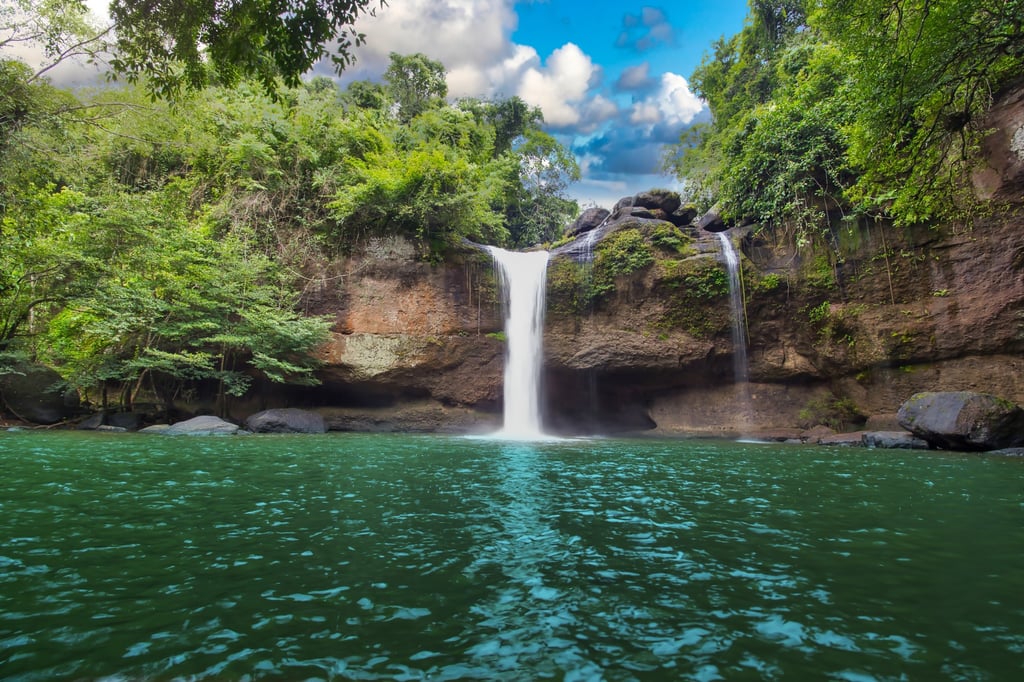Khao Yai, Thailand: waterfalls, golf, wineries and a Bill Bensley-designed resort
- At the railway-themed InterContinental Khao Yai Resort, handy for Khao Yai National Park, carriages serve as bars, restaurants and bedrooms

Thailand, like a number of global holiday destinations, is grappling with the challenges of overtourism.
In 2023, and according to different surveys, Bangkok was the world’s most visited city and Phuket the most overcrowded destination. Maya Bay has become so popular that authorities close it for two months every year to allow damaged coral reefs and marine life to recover.
If all this discourages you from visiting Thailand, fear not. There are still places where you can enjoy peace, quiet and fresh air: the country’s oldest and third-largest national park, for instance, which is just a two-and-a-half-hour drive from Bangkok.
Khao Yai National Park, in Nakhon Ratchasima province, is a biodiverse Unesco World Heritage site of forest-cloaked mountains, cascading waterfalls and fauna that includes an estimated 300 wild elephants.

Beyond the natural attractions, the wilderness area offers activities such as zip-lining, river rafting, cycling, trekking and hiking.
